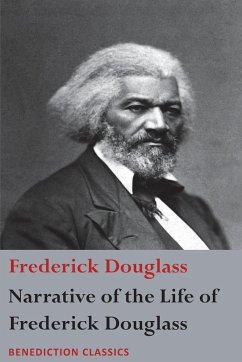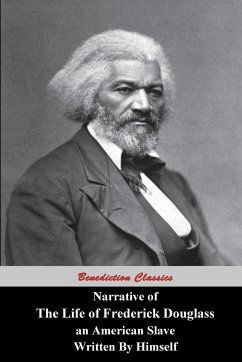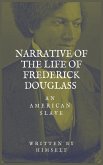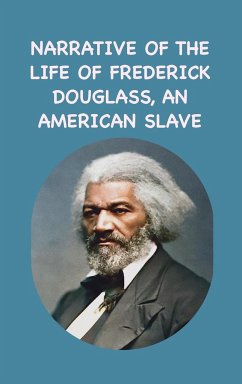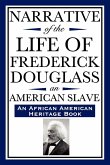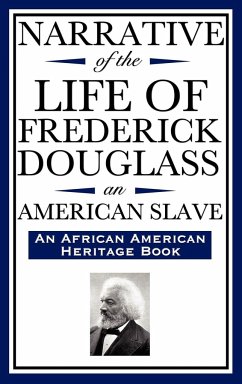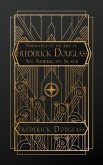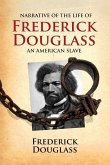Douglass' powerful account of his journey, by way of determined self education, from slavery to being one of America's great statesmen and orators. "Considered merely as narrative, we have never read one more simple, true, coherent and warm with genuine feeling" -- New York Tribune Published in 1845, this little book was widely read by the public in the North who knew little about the inner workings of slavery. It was favorably reviewed in the New York Tribune: "Considered merely as narrative, we have never read one more simple, true, coherent and warm with genuine feeling", and it had a great influence on public opinion across the Atlantic: "Taking all together, not less than one million of persons in Great Britain and Ireland have been excited by the book and its commentators." Here then is Douglass' powerful account of his journey, by way of determined self education, from slavery to being one of America's great statesmen and orators.

